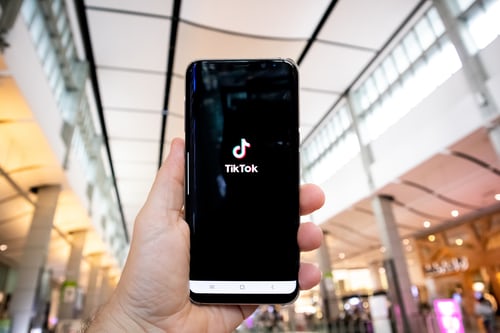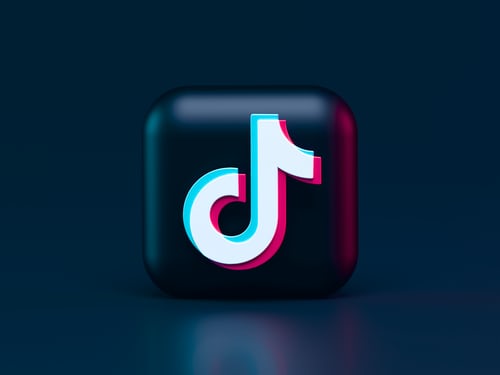Video platform TikTok is an easy way for mental health information to go viral.
TikTok is a social media platform that was created with the purpose of sharing short, sometimes only seconds long, videos. It was launched in China in 2016 and was made available worldwide two years later. The app reportedly has 500 million users, many younger people, with “41% of users in the 16- to 24-year-old age range,” data shows. Now this worldwide sensation is being viewed as a viable platform for sharing vital mental health information.
David Puder, MD, a psychiatrist in Florida, started making TikTok videos on the platform in 2020 as a way to promote his Psychiatry & Psychotherapy Podcast. He now has nearly 112,000 TikTok followers.
“TikTok became another way of promoting mental health ideas,” said Puder. “There is a lot of bad information out there and my overarching purpose is to try to get people excited about mental health. I wish more doctors considered being out there, but there is an internal resistance we have to exposing ourselves.”

Why sharing on TikTok? Because the move has been a successful one for Puder. “I get emails from followers with notes of gratitude, and l have gotten feedback that people have become mental health professionals because of my social media,” Puder said.
Thea Gallagher, PsyD, assistant professor and director of the outpatient clinic at the Center for the Treatment and Study of Anxiety (CTSA) at the University of Pennsylvania agrees that TikTok is an excellent tool for promoting mental health awareness.
“It’s highlighting mental health conditions and bringing awareness to these issues, which are really important,” Gallagher said, “And, it’s reaching a lot of young people whom we know are becoming more comfortable talking about mental health and mental health issues and how to manage symptoms of anxiety, depression, OCD, or PTSD.”
A way to share information quickly and effectively, TikTok is especially useful for dispelling false information. Gallagher said, for example, OCD is a complicated condition that can manifest differently in different people. “I don’t want people to watch this video and assume that’s how every OCD person is, or that this is how it’s going to be forever,” she said. “I want people to know that these are treatable problems and there are a lot of effective evidence-based treatments out there for OCD, anxiety, and depression.” She added to her point, “Do be careful about whom you take advice from. The wrong information about how to handle these conditions can damage people more.”
Although TikTok has gotten somewhat of a bad rap with many believing it’s a platform for inappropriate content, Puder believes there’s far more positive content being shared than TikTok’s been given credit for. He said, “Most of the focus on mental health I see on TikTok is positive. I love the enthusiasm for understanding the mind and science. I think we can do a lot to reduce stigma and get people into mental health treatment. Knowledge is empowering to people who might not otherwise have access.”
Sources:
TikTok Therapy: What Happens When Mental Health Struggles Go Viral?


Join the conversation!